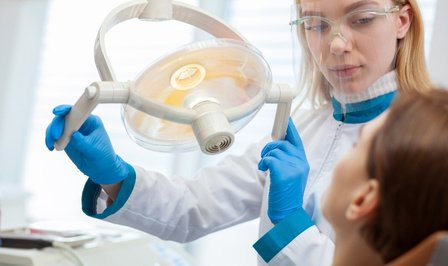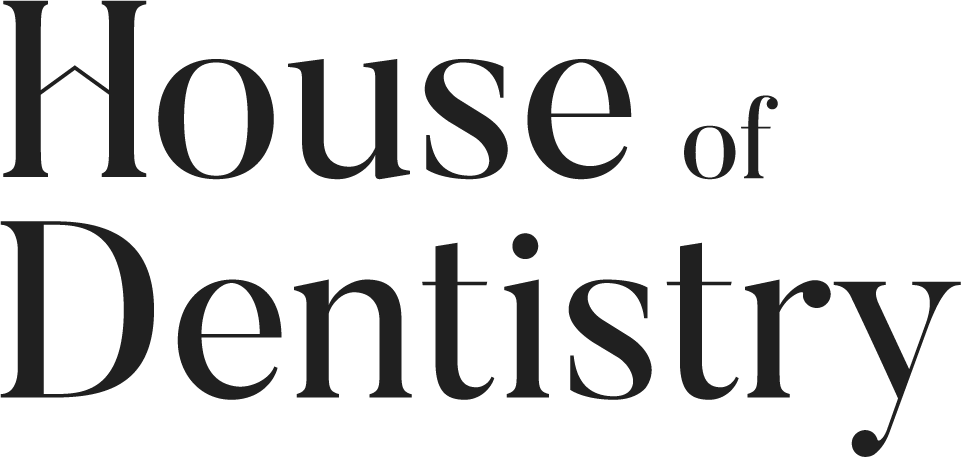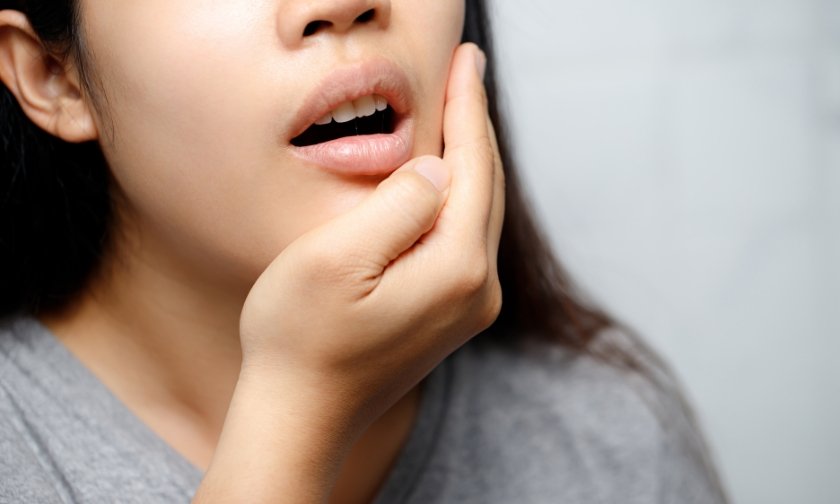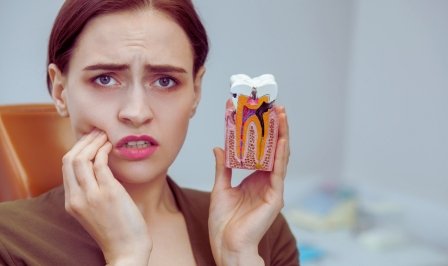

Dental emergencies can happen to anyone, often when you least expect them. A sudden toothache, a chipped tooth, or a painful abscess can turn a regular day upside down. Knowing the common causes of dental emergencies can help you take steps to avoid them. Below, we will explore the frequent causes of these incidents and provide practical advice to keep your teeth in good shape.
Let’s dive deeper into dental emergencies and discover how to safeguard your smile.
What Are the Most Common Causes of Dental Emergencies?
Dental emergencies often arise from accidents or neglect. Here are some of the most frequent triggers:
1. Toothaches and Abscesses
Toothaches are a common dental emergency. They can stem from:
- Untreated cavities
- Gum infections
- Cracked or broken teeth
Severe tooth pain could indicate a deeper infection, like an abscess. An abscess is a pocket of pus caused by a bacterial infection, which can spread if not treated quickly.
Prevention Tips:
- Schedule regular dental check-ups to catch cavities early.
- Brush and floss daily to prevent gum disease.
- Don’t ignore tooth sensitivity—early action prevents bigger problems.
2. Broken or Chipped Teeth
Teeth can break or chip due to the following:
- Biting down on hard foods
- Accidents, like falls or sports injuries
- Grinding teeth at night
Broken teeth can cause sharp pain and lead to infections if left untreated. An emergency dentist in Metuchen can assess the damage and provide immediate care to save the tooth.
Prevention Tips:
- Wear a mouthguard if you play contact sports.
- Avoid chewing on hard objects like ice or pens.
- Use a nightguard if you grind your teeth while sleeping.
3. Knocked-Out Teeth
Losing a tooth can be a traumatic experience. Teeth may get knocked out from:
- Sports injuries
- Car accidents
- Slips and falls
Acting quickly is essential in this situation. If you can, place the tooth back in its socket or store it in milk until you reach a dentist.
Prevention Tips:
- Always wear protective gear during physical activities.
- Keep your home free from trip hazards to avoid falls.
- Use seat belts when driving to minimize impact injuries.
Tips to Avoid Common Dental Emergencies
Preventing dental emergencies often involves simple habits and safety measures. Here’s what you can do to protect your teeth:
1. Maintain Good Oral Hygiene
Keeping your teeth and gums healthy is the first step in preventing dental issues. A consistent oral care routine reduces the risk of many emergencies.
Prevention Tips:
- Brush twice a day with fluoride toothpaste.
- Floss daily to remove plaque between teeth.
- Use mouthwash to kill bacteria and freshen your breath.
2. Schedule Regular Dental Check-ups
Regular visits to the dentist can catch problems before they become emergencies. Dental professionals can spot early signs of trouble and offer advice on how to maintain oral health.
Prevention Tips:
- Visit your dentist every six months.
- Address any pain or discomfort promptly.
- Follow your dentist’s recommendations for dental care.
Common Dental Emergencies and How to Handle Them
Here are a few more dental emergencies you should be aware of and the steps you can take to manage them:
1. Soft Tissue Injuries
Cuts or injuries to your lips, gums, or cheeks can be alarming. These injuries may bleed heavily due to the rich blood supply in your mouth.
Handling Tips:
- Rinse your mouth with a mild saltwater solution.
- Use a clean cloth to apply pressure to the area to stop bleeding.
- Seek professional help if bleeding persists.
2. Lost Dental Fillings or Crowns
Fillings or crowns can come loose due to chewing on sticky foods or normal wear and tear. This can leave the affected tooth vulnerable to damage and sensitivity.
Handling Tips:
- Avoid eating on the side with the missing filling or crown.
- Use dental cement from a pharmacy to temporarily cover the area.
- Schedule a dental visit as soon as possible.
3. Cracked or Broken Dentures
Dentures can break, especially if dropped or if they have worn down over time. Damaged dentures can cause discomfort and make it difficult to eat or speak.
Handling Tips:
- Avoid trying to repair dentures at home.
- Use a denture repair kit for temporary fixes.
- Contact your dentist for a professional repair or replacement.
How to Prevent Future Dental Emergencies?
Staying proactive with your dental health can save you from unnecessary pain and stress. Here are a few strategies:
1. Eat a Tooth-Friendly Diet
Your diet plays a crucial role in dental health. Sugary snacks, acidic foods, and hard-to-chew items can increase the risk of dental problems.
Prevention Tips:
- Limit sugary and acidic foods that can cause enamel erosion.
- Choose calcium-rich foods like yogurt and cheese to strengthen teeth.
- Snack on crunchy fruits and vegetables to naturally clean teeth.
2. Protect Your Teeth During Activities
Many dental emergencies occur during sports or physical activities. Proper protection can reduce the risk of injuries.
Prevention Tips:
- Wear a custom-fitted mouthguard for contact sports.
- Avoid using teeth as tools (like opening packages).
- Stay cautious with physical activities to avoid falls and bumps.
3. Quit Harmful Habits
Habits like nail biting, chewing on ice, or smoking can lead to dental damage over time. Breaking these habits can protect your oral health.
Prevention Tips:
- Use stress-relief techniques to reduce the urge to bite nails.
- Drink water instead of chewing ice.
- Seek help if you need to quit smoking.
By taking these precautions, you can significantly reduce the risk of dental emergencies. Remember, regular care and mindful habits go a long way in keeping your smile safe and healthy.
Take Charge of Your Dental Health
Preventing dental emergencies comes down to good habits and regular care. A little effort each day, like maintaining a consistent oral hygiene routine and visiting your dentist regularly, can make a big difference. Be proactive—protect your teeth during activities, avoid risky behaviors, and make healthier food choices. If you do face an emergency, don’t wait to seek help. Quick action can often save your teeth and prevent further complications. Remember, keeping your smile healthy isn’t just about avoiding pain—it’s about enjoying a lifetime of strong, happy teeth!




